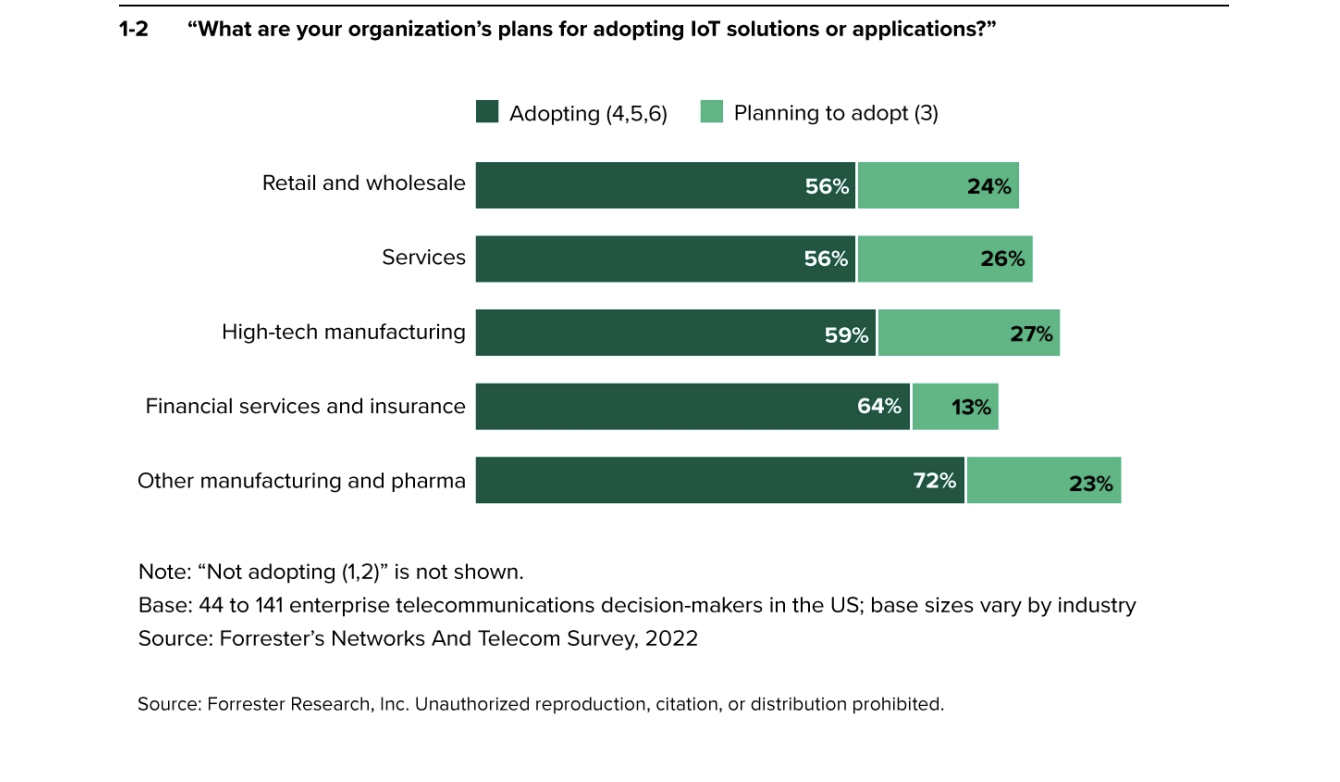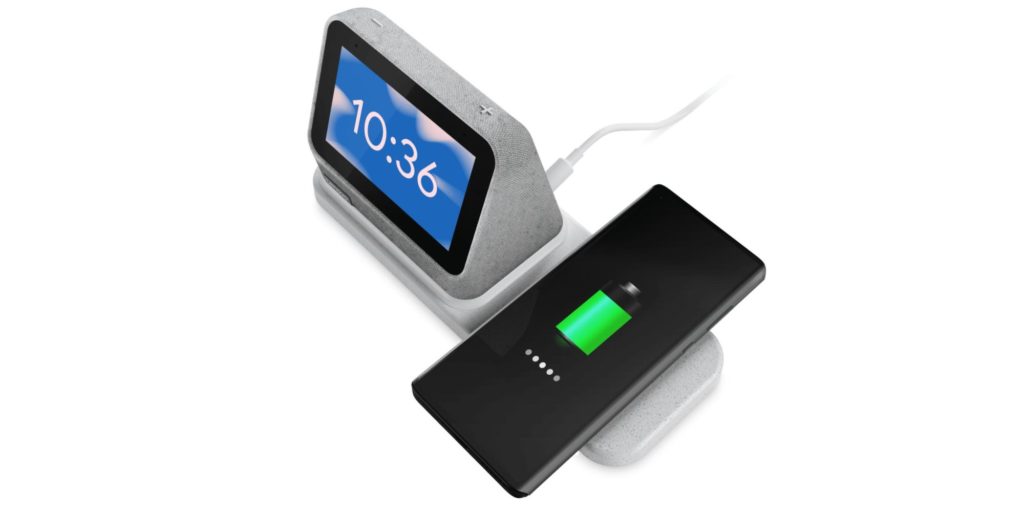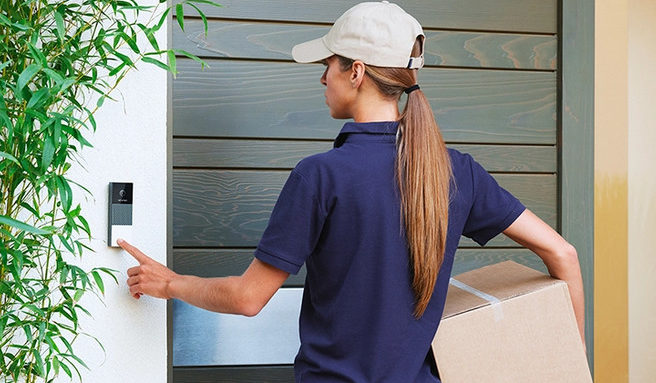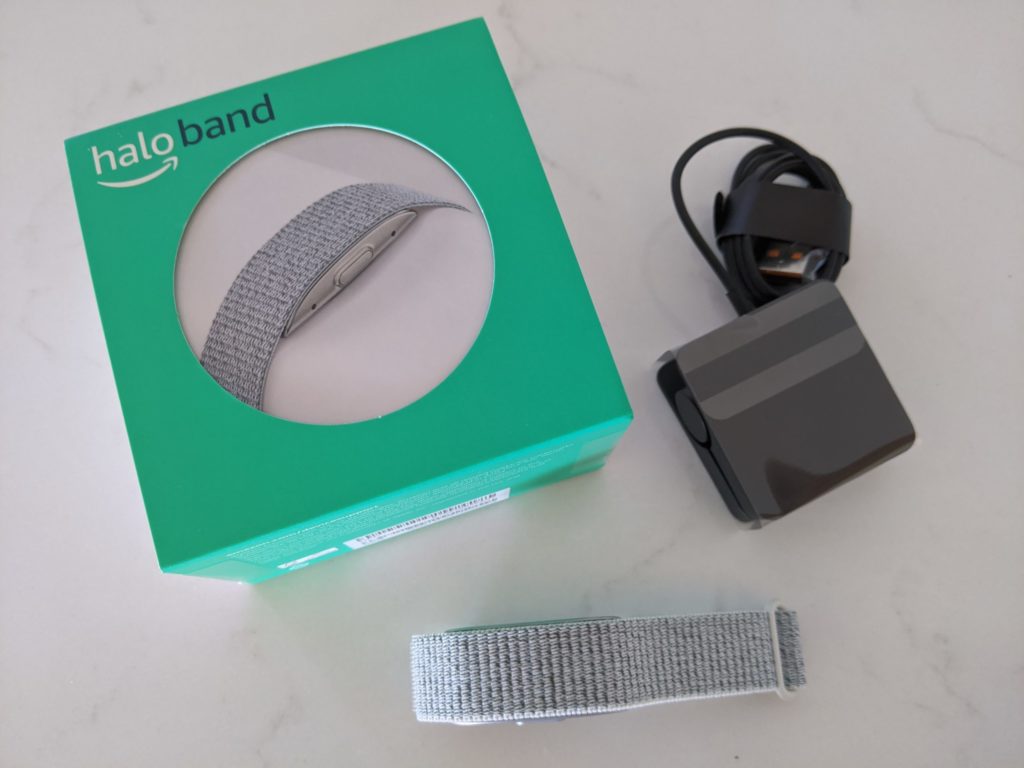Amazon has turned on the Thread-capabilities inside its Echo devices so they can support the Matter smart home interoperability standard in its totality, so Kevin and I talk about what that will and won’t do for smart home users. It’s also the moment I give up on my dreams for the Matter specification. We also discuss the end of the Amazon Halo products, and plans to make Alexa savvier by updating the large language model behind the digital assistant. Then we talk about Arm’s plans for an initial public offering and a new report from Forrester on the state of the IoT. After that, we talk about Google and Apple teaming up to help prevent stalkers from using AirTags and other tracking devices, and the return of a rumored Nest tracking device. Then we mention Abode’s integration with Google’s Nest devices, and Kevin reviews the SwitchBot Hub 2 (with Matter) and BlindTilt. We end by answering a listener question about Level locks and its plans to support Matter.

Our guest this show is Jonathan Beri, who is the founder and CEO of Golioth, a platform to link hardware to the cloud. Golioth recently raised $4.6 million in a tough funding environment, so we talk a bit about what Beri plans to do with the money. But the bulk of our conversation touches on the changes happening in the embedded world as connectivity gets added to more devices. Beri provides historical context to help explain why the embedded world and OT staff have been so slow to adopt the Internet of things, and then expresses his hopes that the phrase IoT will simply fade into the background as connectivity becomes assumed. Before we can get to that place, he explains what vendors, developers and buyers need to think about from security to business processes. It’s a good show.
Hosts: Stacey Higginbotham and Kevin Tofel
Guest: Jonathan Beri , founder and CEO of Golioth
Sponsors: Computex and Blues Wireless
- Amazon adds Matter, kills Halo, invests in Alexa
- What worries enterprises about the IoT?
- SwitchBot’s devices are surprisingly useful in Kevin’s opinion
- Virtual PLCs and standard radios indicate a big shift in embedded computing
- Bringing IT skills to the embedded world will make it safer
Podcast: Play in new window | Download | Embed
Subscribe: RSS



